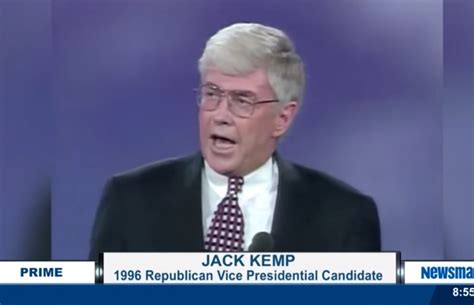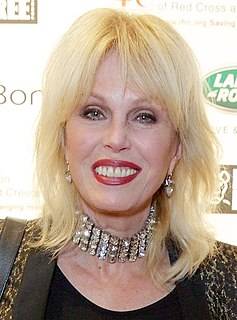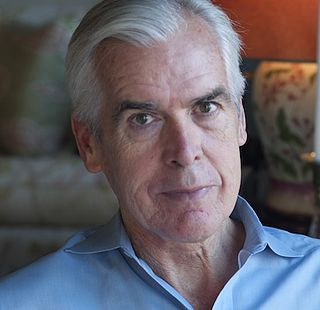A Quote by Shinzo Abe
I swear I will do everything in my power to change the situation in Tibet where human rights are being suppressed. Tibet seeks freedom and democracy and we agree on those values.
Related Quotes
The Tibetan religion has a past. And furthermore it has such an appeal. There again young people today are drawn to Buddhism and to Tibet. It's not only because of the Dalai Lama. It's because of what Tibet represents. There is a vast reservoir of knowledge, of mystical knowledge, which can be found in Tibet.The Chinese shouldn't be afraid of that really. They have other means of survival.
I'm convinced after spending three weeks in China and Tibet, unless the United States gets its act together, our grandchildren will be living in a world dominated by the People's Republic. China is simply inexorable in its pursuit of wealth, growth and power. It cares little about human rights, democracy, labor protections, fair trade rules or the environment. It is relentless in advancing its national interests.
One of the happier ironies of recent history is that even as Tibet is being wiped off the map in Tibet itself, here it is in California, in Switzerland, in Japan. All over the world, Tibetan Buddhism is now part of the neighborhood. In 1968, there were two Tibetan Buddhist centers in the West. By 2000, there were 40 in New York alone.
Let's not use the term democracy as a play on words which is what people commonly do, using human rights as a pretext. Those people that really violate human rights [the West] violate human rights from all perspectives. Typically on the subject of human rights regarding the nations from the south and Cuba they say, "They are not democratic societies, they do not respect human rights, and they do not respect freedom of speech".
There are those who argue that the concept of human rights is not applicable to all cultures. We in the National League for Democracy believe that human rights are of universal relevance. But even those who do not believe in human rights must certainly agree that the rule of law is most important. Without the rule of law there can be no peace.
If enough people are sensitive to the tragedy of Tibet, I think it will produce a change politically as well. But furthermore, it's important for the people in Tibet. Now communication is such [that] people know what is happening. Even Tibetan people would know that the Interfaith or the international group of religious people - that everybody who is religious is taking up their cause. It would help them a lot if we give them courage, and that in itself is enough.
Rights are not the language of democracy. Compromise is what democracy is about. Rights are the language of freedom, and are absolute because their role is to protect our liberty. By using the absolute power of freedom to accomplish reforms of democracy, we have undermined democracy and diminished our freedom.








































